company & wholesale
300ah battery price
Understanding the 300Ah Battery Price: Key Insights for储能 Solutions in the Renewable Energy Industry
Introduction
The global transition to renewable energy is accelerating, with solar, wind, and hydropower becoming the cornerstone of sustainable electricity generation. As this shift progresses, the importance of energy storage systems (ESS) has never been more critical. Among the various battery technologies available, lithium-ion batteries have emerged as the preferred choice due to their high energy density, long lifespan, and ability to integrate seamlessly into home energy hubs and larger grid-scale systems. When considering the cost of a 300Ah battery, it’s essential to evaluate the factors influencing its price, its suitability for your specific needs, and how it fits into the broader landscape of renewable energy storage.

The Cost of a 300Ah Battery: Key Factors to Consider
The price of a 300Ah battery can vary significantly based on several factors:
Battery Chemistry: Lithium-ion batteries, particularly those using lithium-iron-phosphate (LFP) chemistry, are a popular choice for their safety, long cycle life, and relatively lower cost compared to other chemistries like NMC or NCA.
Capacity and Depth of Discharge (DoD): The 300Ah rating indicates the battery’s capacity, but its actual usable energy depends on the depth of discharge. Most lithium-ion batteries operate efficiently at a 80% DoD, which is ideal for grid-tied systems.
Brand and Manufacturer: Established brands like Tesla Powerwall, LG Chem, and others offer warranties and performance guarantees, which can increase the initial cost but provide long-term value.
Market Supply and Demand: Fluctuations in the supply chain, particularly for raw materials like lithium, cobalt, and nickel, can impact the price of lithium-ion batteries. For instance, geopolitical tensions and increased demand have sometimes led to price spikes.
** Installation and Integration Costs**: While the battery itself is a significant expense, the cost of inverters, charge controllers, and mounting systems should not be overlooked.
Lithium-Ion Batteries: The Future of Energy Storage
Lithium-ion batteries are central to the renewable energy revolution. Their advantages include:
High Energy Density: Lithium-ion batteries store more energy per unit weight and volume compared to traditional lead-acid batteries. Long Lifespan: With a typical lifespan of 5-10 years, lithium-ion batteries are a cost-effective investment for long-term energy storage. Scalability: Whether for residential use or utility-scale projects, lithium-ion batteries can be configured to meet specific energy needs.According to the International Energy Agency (IEA), global energy storage capacity is expected to grow exponentially over the next decade, driven by the increasing adoption of renewable energy sources. Lithium-ion batteries are projected to dominate this market due to their versatility and improving cost-efficiency.
The Role of the Home Energy Hub
A home energy hub is a central control system that manages the flow of energy between your solar panels, battery storage, and electrical circuits. By integrating a lithium-ion battery into your home energy hub, you can optimize energy usage, reduce reliance on the grid, and lower your carbon footprint.
For instance, a 300Ah lithium-ion battery paired with a home energy hub can store excess solar energy generated during the day and release it when needed, such as during peak demand periods or power outages. This scenario is particularly beneficial for off-grid living or for reducing electricity bills in grid-connected homes.
Case Study: BasenPower’s 300Ah Battery Solution
BasenPower is a leading provider of lithium-ion battery solutions for renewable energy applications. Their 300Ah battery is designed with the following features:
Energy Density: High energy density ensures that the battery can store a significant amount of energy despite its compact size. Long Cycle Life: With a guaranteed lifespan of over 2,000 cycles, this battery is ideal for continuous use in solar and wind energy systems. Smart Monitoring: Built-in monitoring and management systems provide real-time insights into battery performance, ensuring optimal charge/discharge cycles.A recent case study by BasenPower highlights the successful implementation of their 300Ah battery in a residential solar energy system. The system, located in a remote area with unreliable grid access, reduced the household’s reliance on generator power by 90%. The family also reported a significant reduction in electricity costs due to the efficient storage and management of solar energy.
Future Trends in Battery Storage and the Role of Supply Chain
As the demand for renewable energy continues to grow, so does the demand for lithium-ion batteries. However, the supply chain for these batteries is not without challenges. Fluctuations in raw material prices, geopolitical tensions, and environmental concerns over mining are factors that could influence the price of a 300Ah battery in the future.
To address these challenges, manufacturers are exploring alternative battery chemistries, such as solid-state batteries and sodium-ion batteries, which could offer similar or better performance with lower material costs. Additionally, advancements in recycling technologies aim to reduce the environmental impact of battery production.
When evaluating the price of a 300Ah battery, it’s important to consider the long-term benefits it offers in terms of energy efficiency, cost savings, and environmental impact. Lithium-ion batteries represent a significant leap forward in renewable energy storage, and with the right integration, they can transform how we manage and consume energy.
For those looking to adopt or upgrade their energy storage systems, BasenPower provides reliable, scalable, and innovative solutions. By partnering with industry leaders like BasenPower, you can ensure that your renewable energy system is not only efficient but also future-proof.
Learn more about BasenPower’s lithium-ion battery solutions and how they can support your renewable energy goals by visiting BasenPower.com.

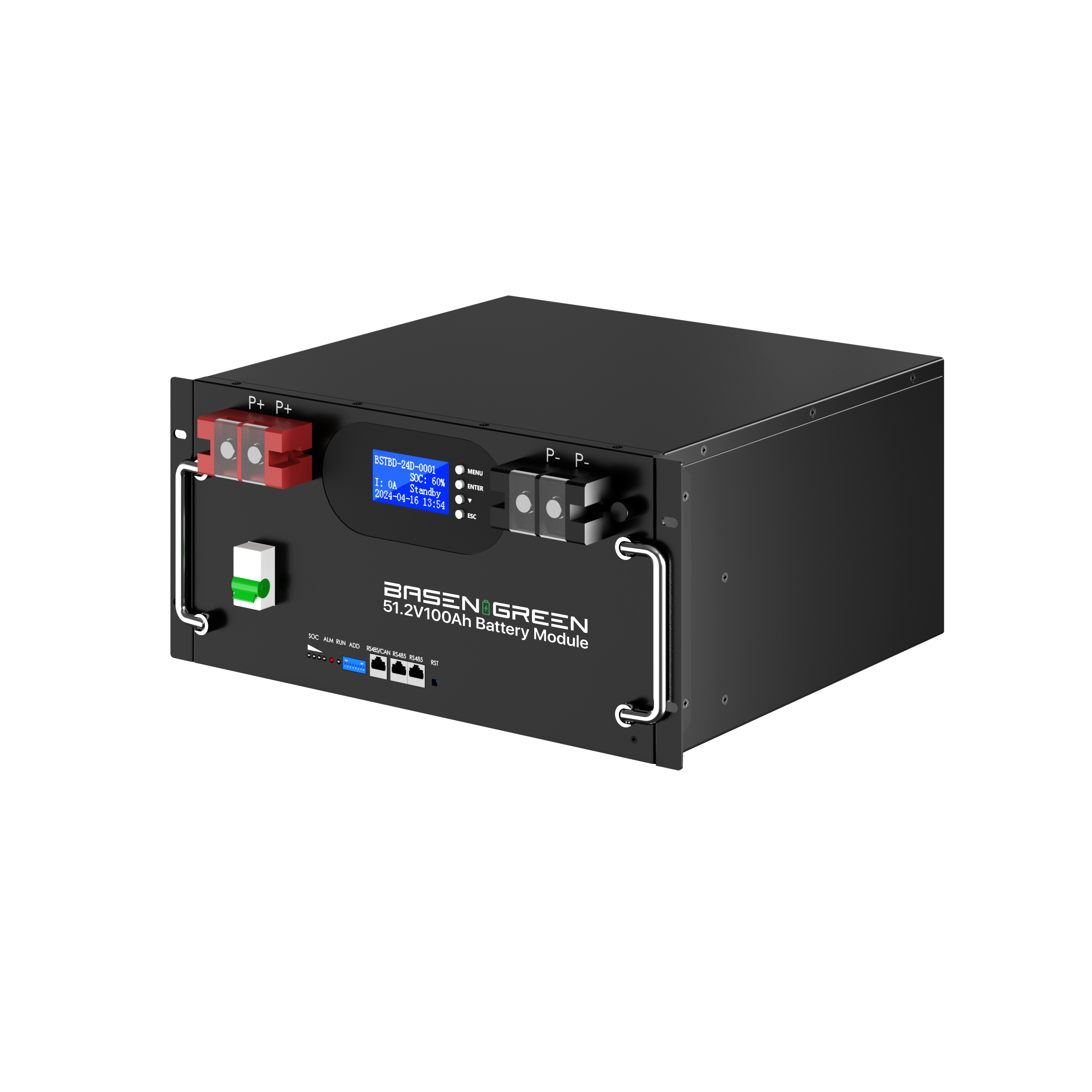
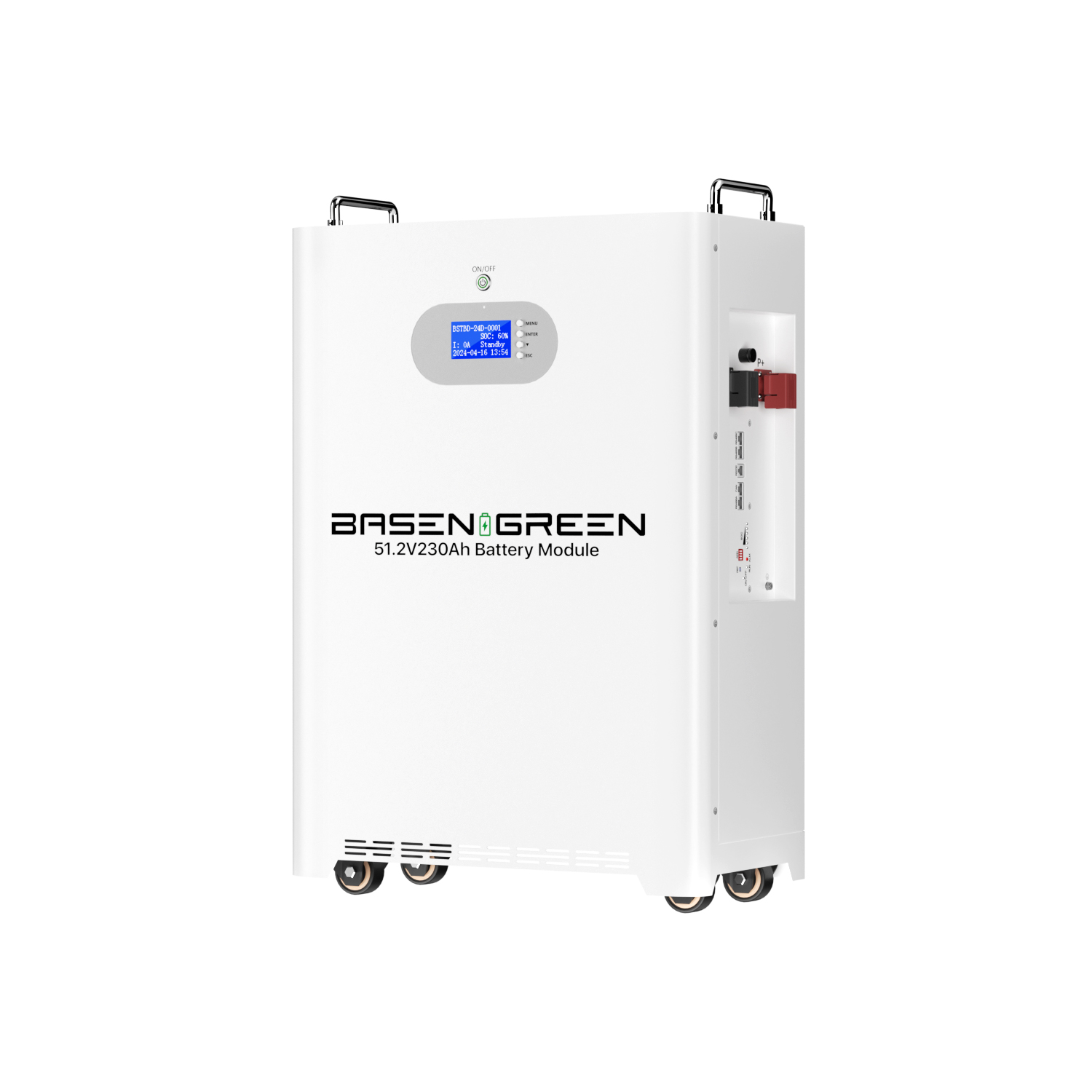
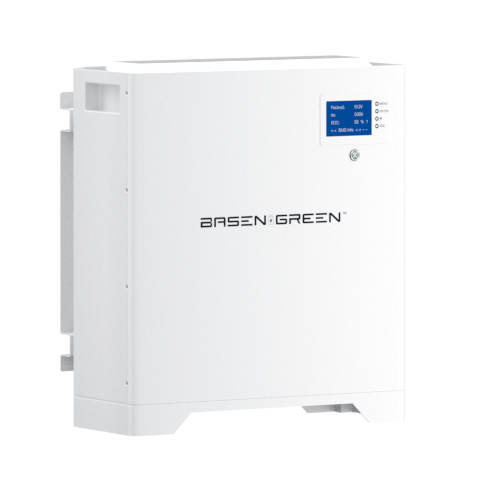
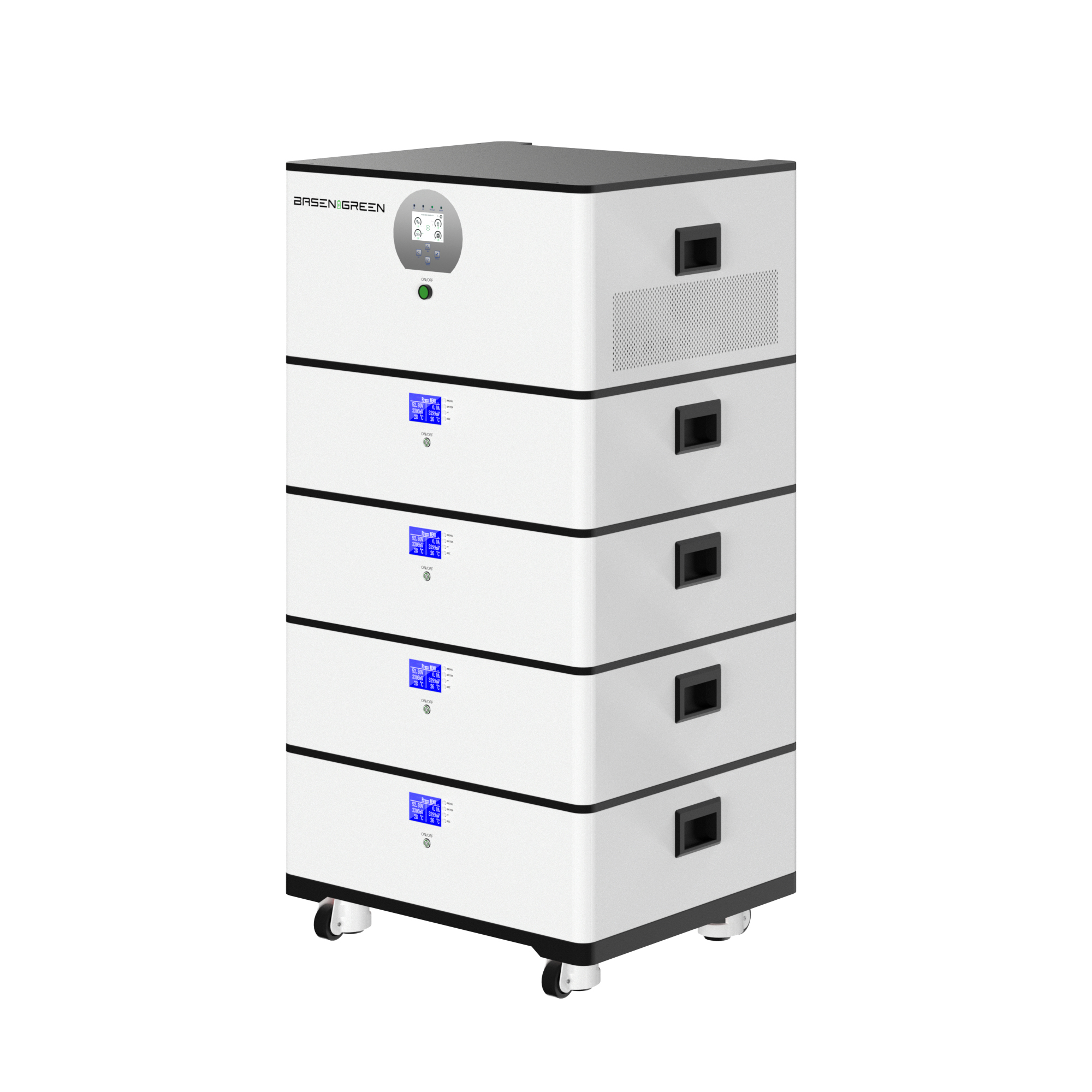

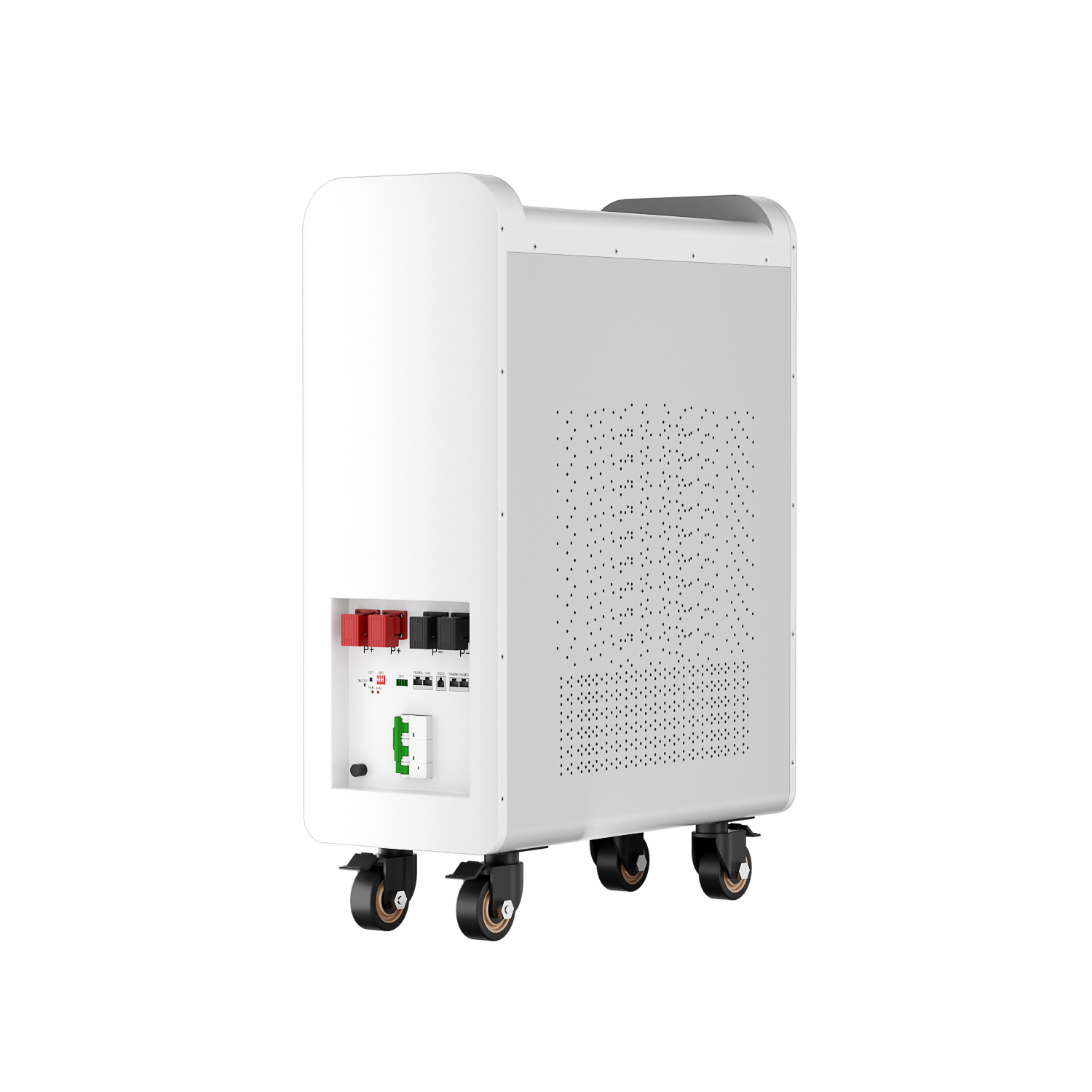
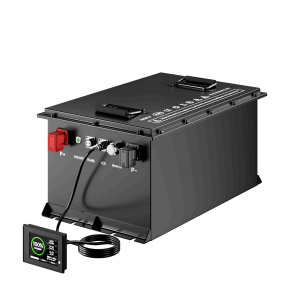
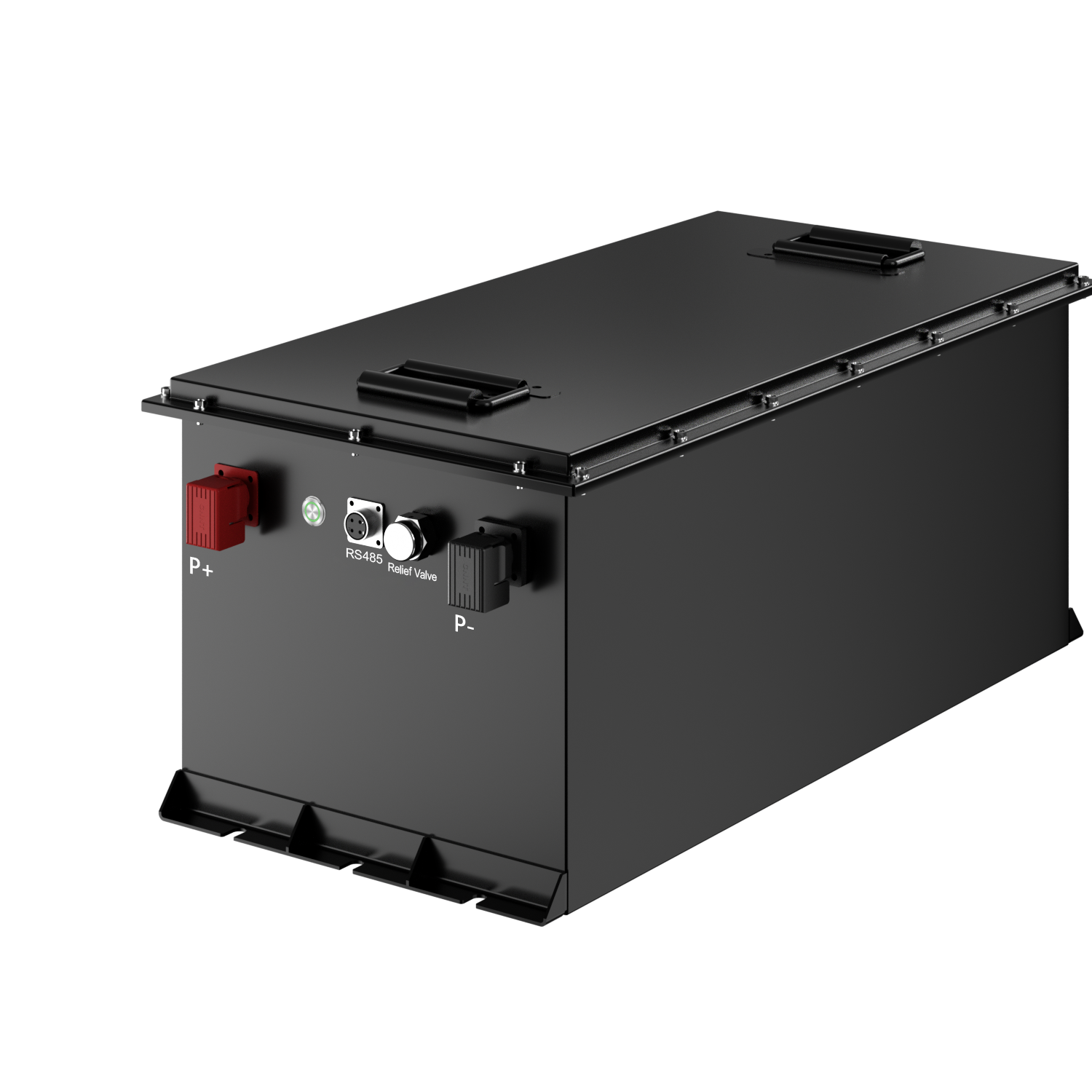
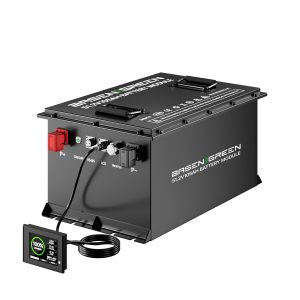
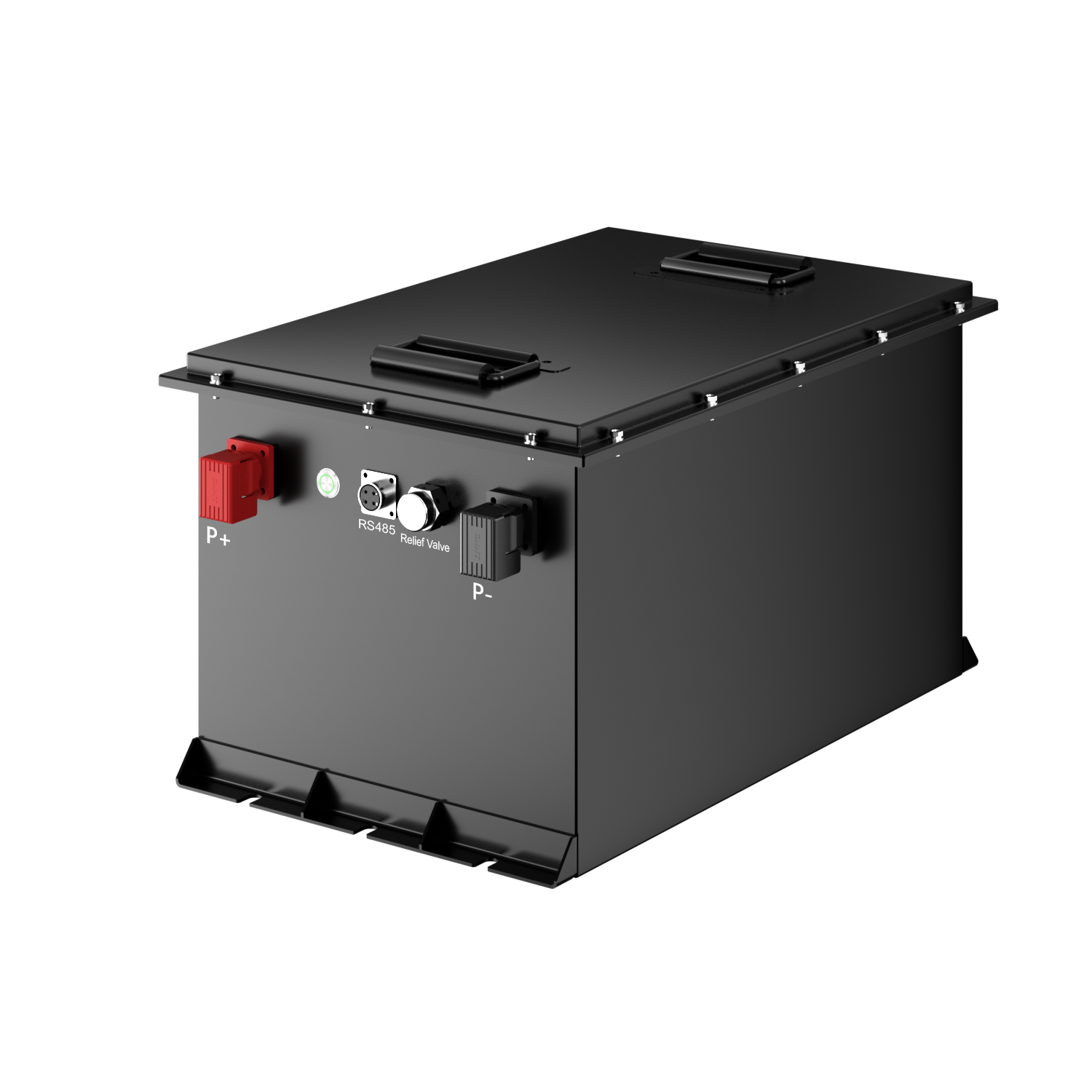
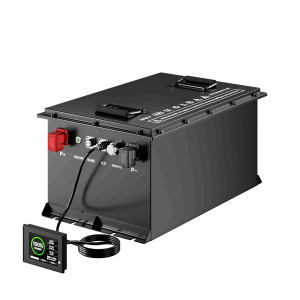
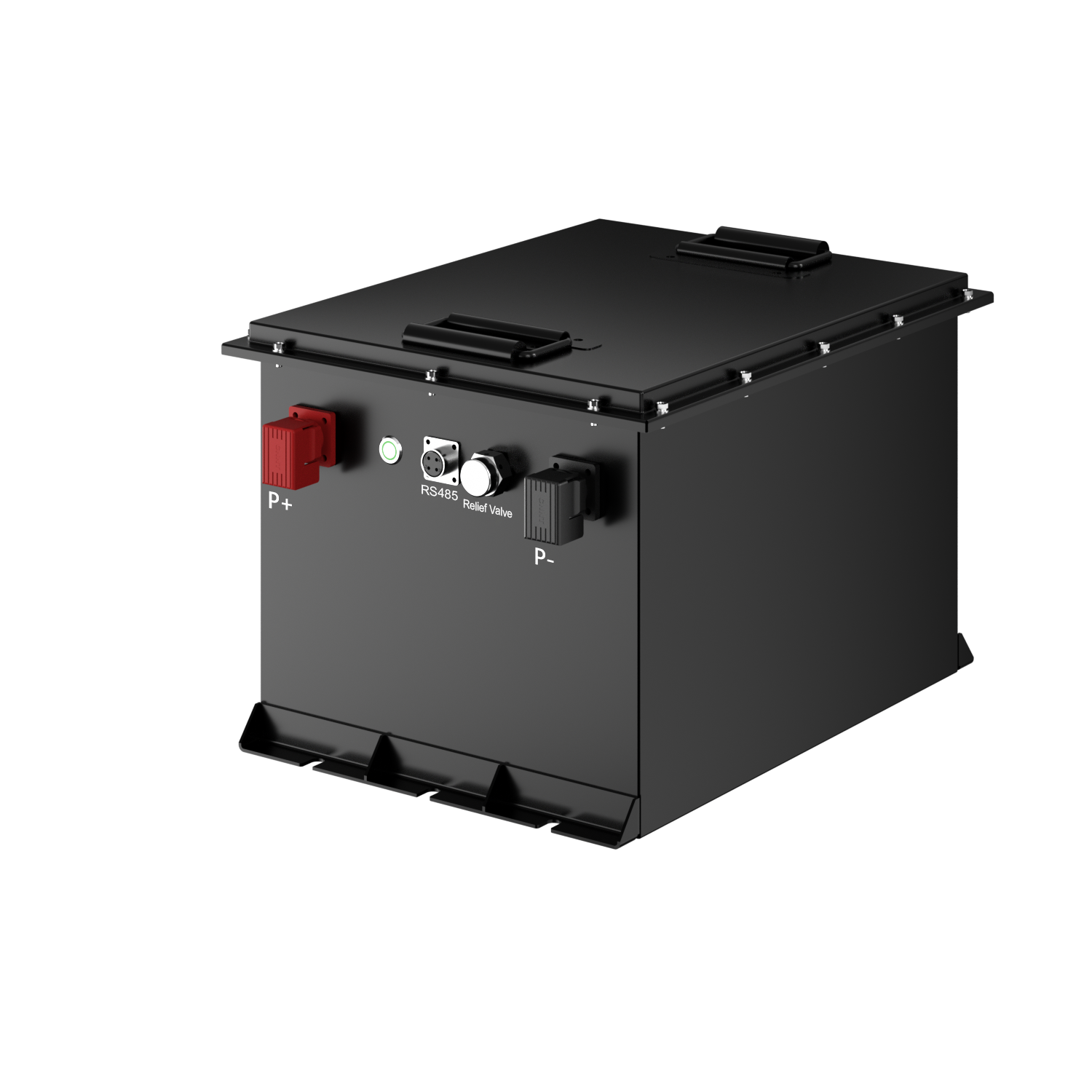
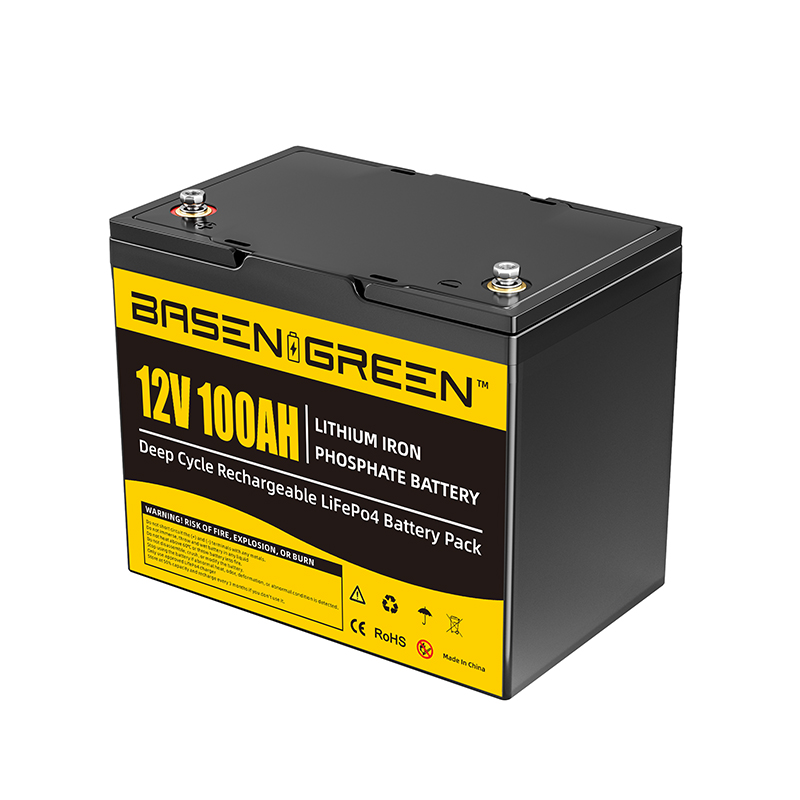

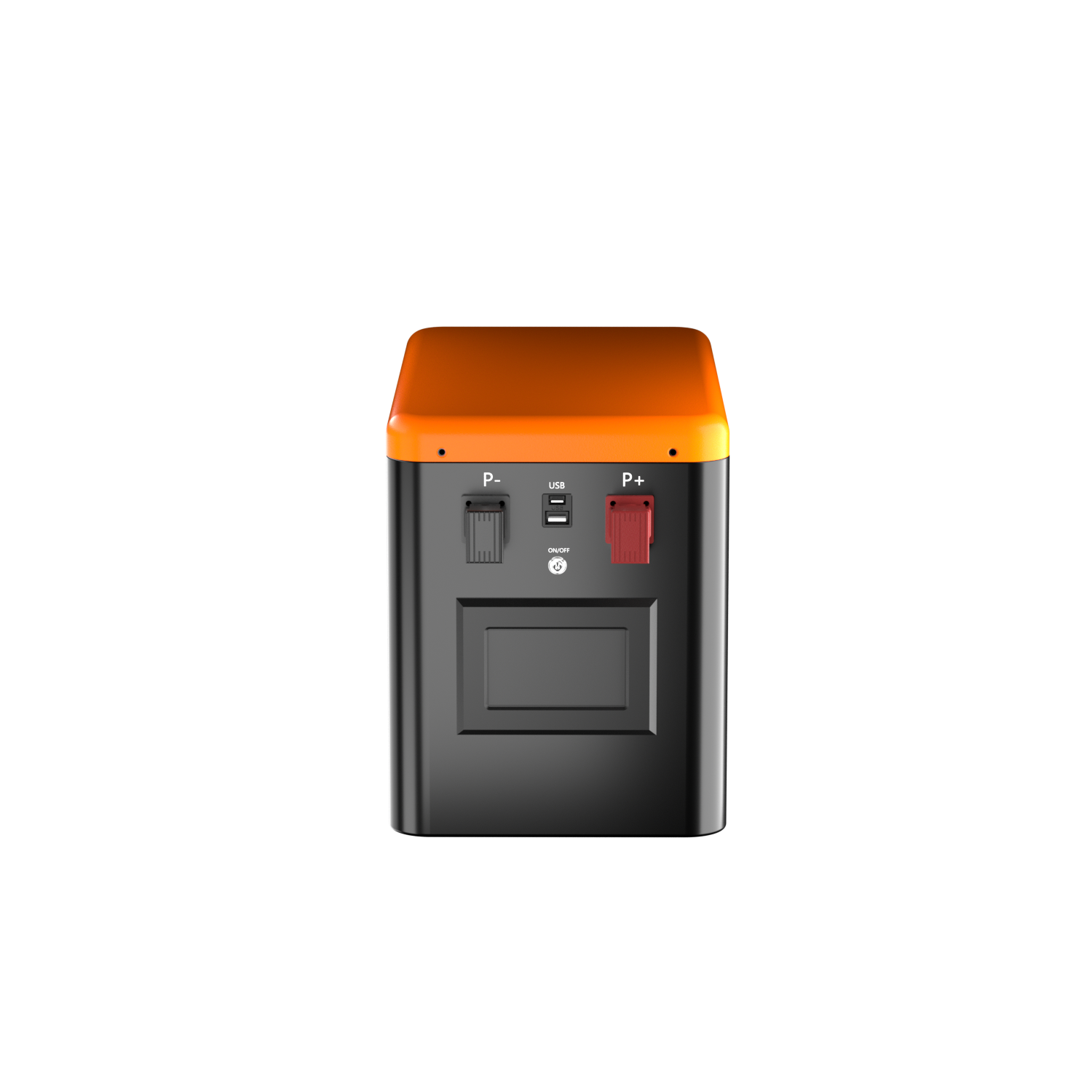
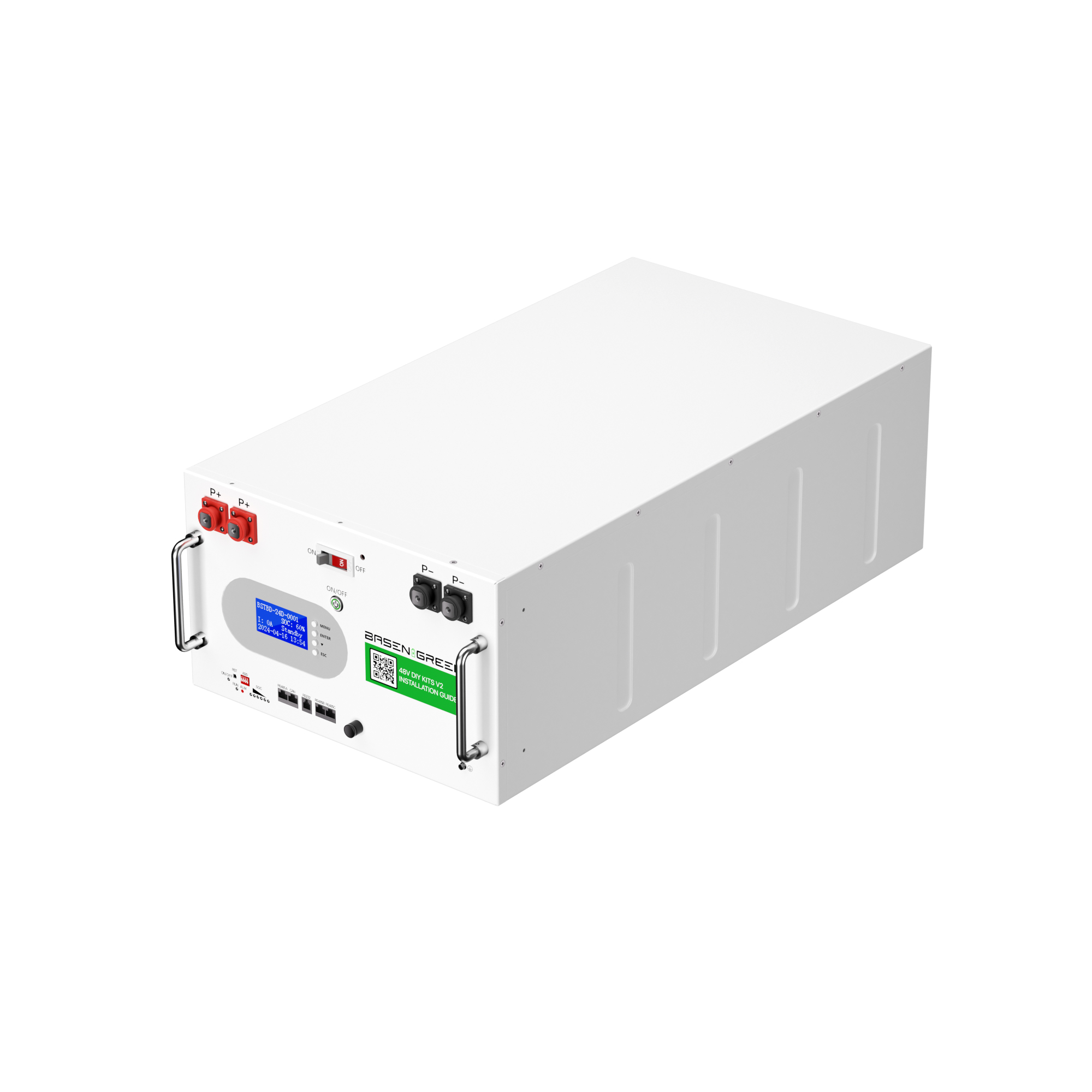
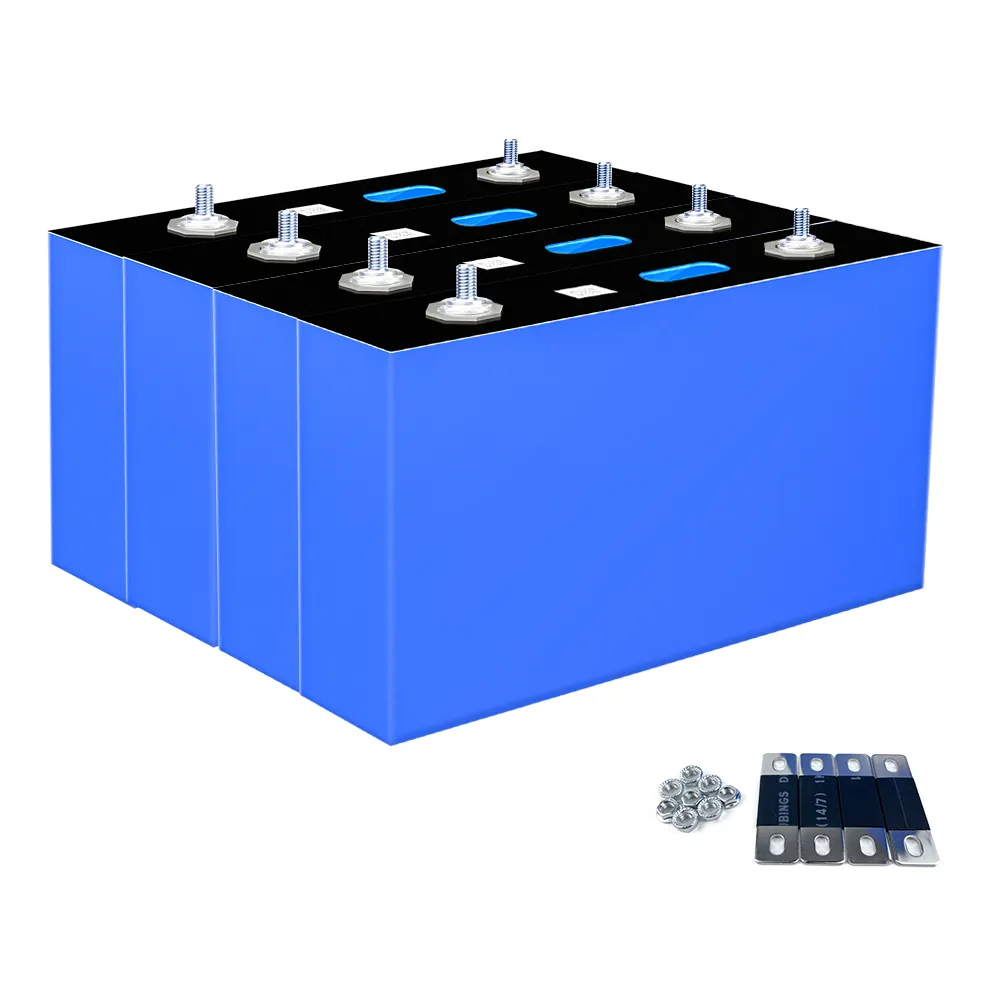
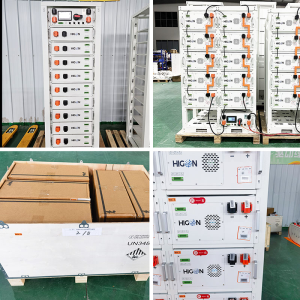
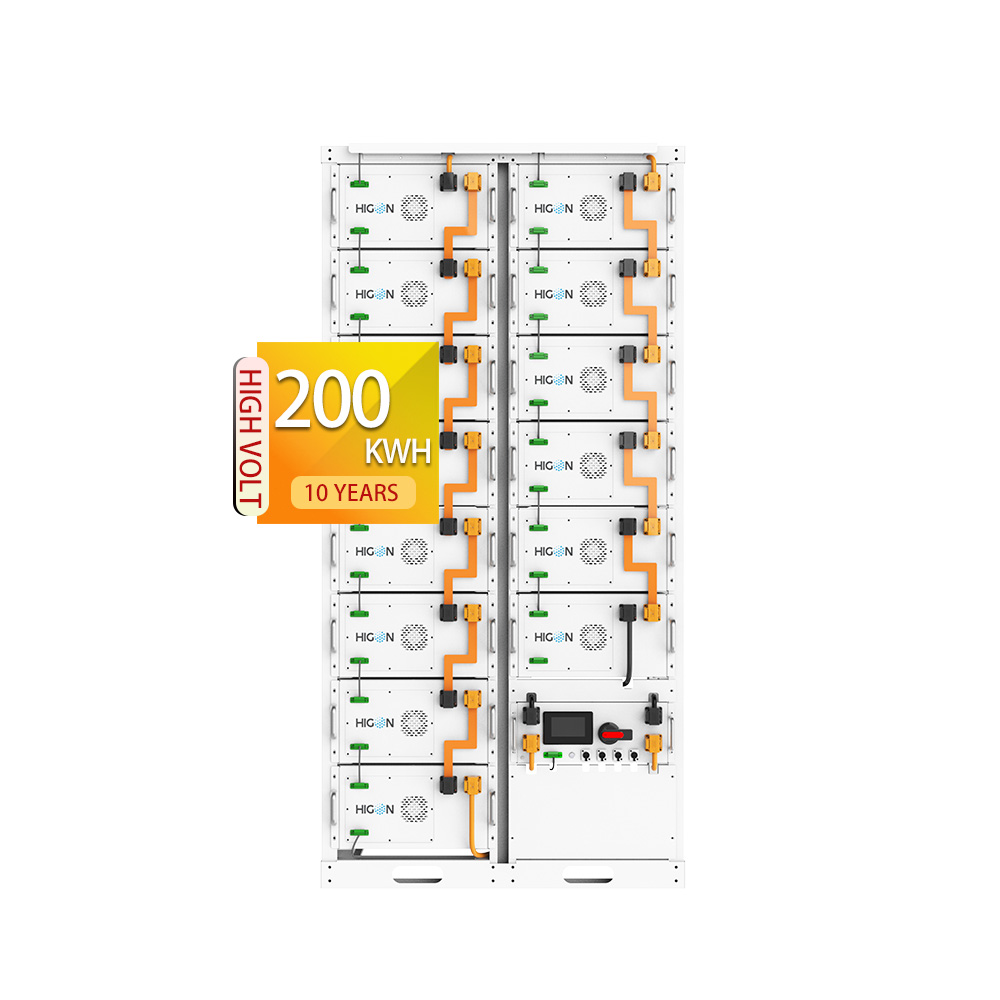
.png)